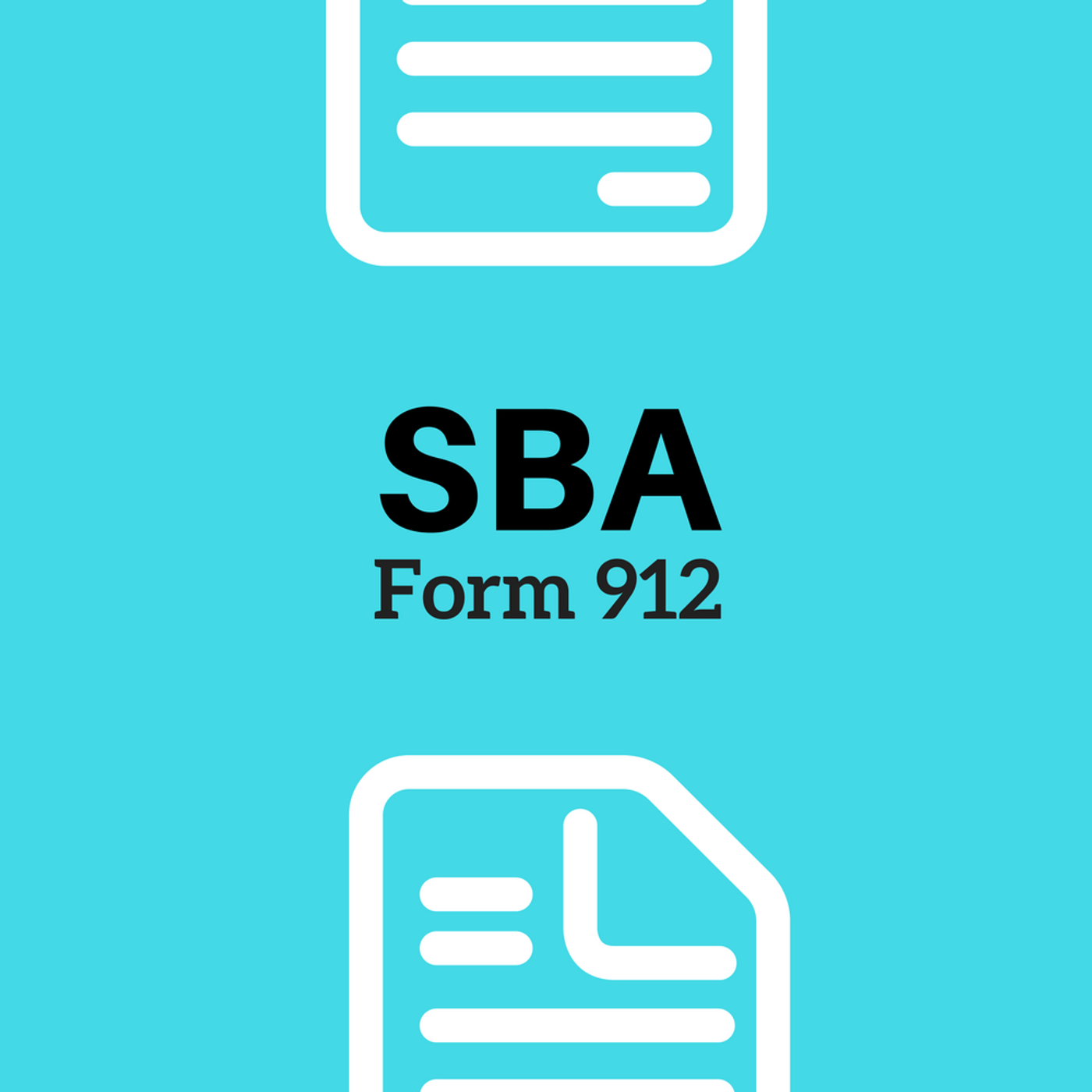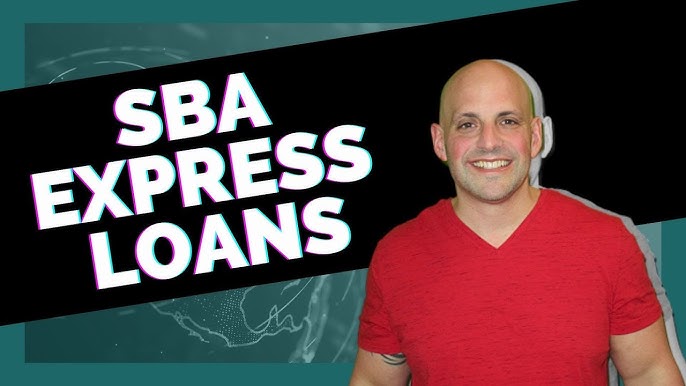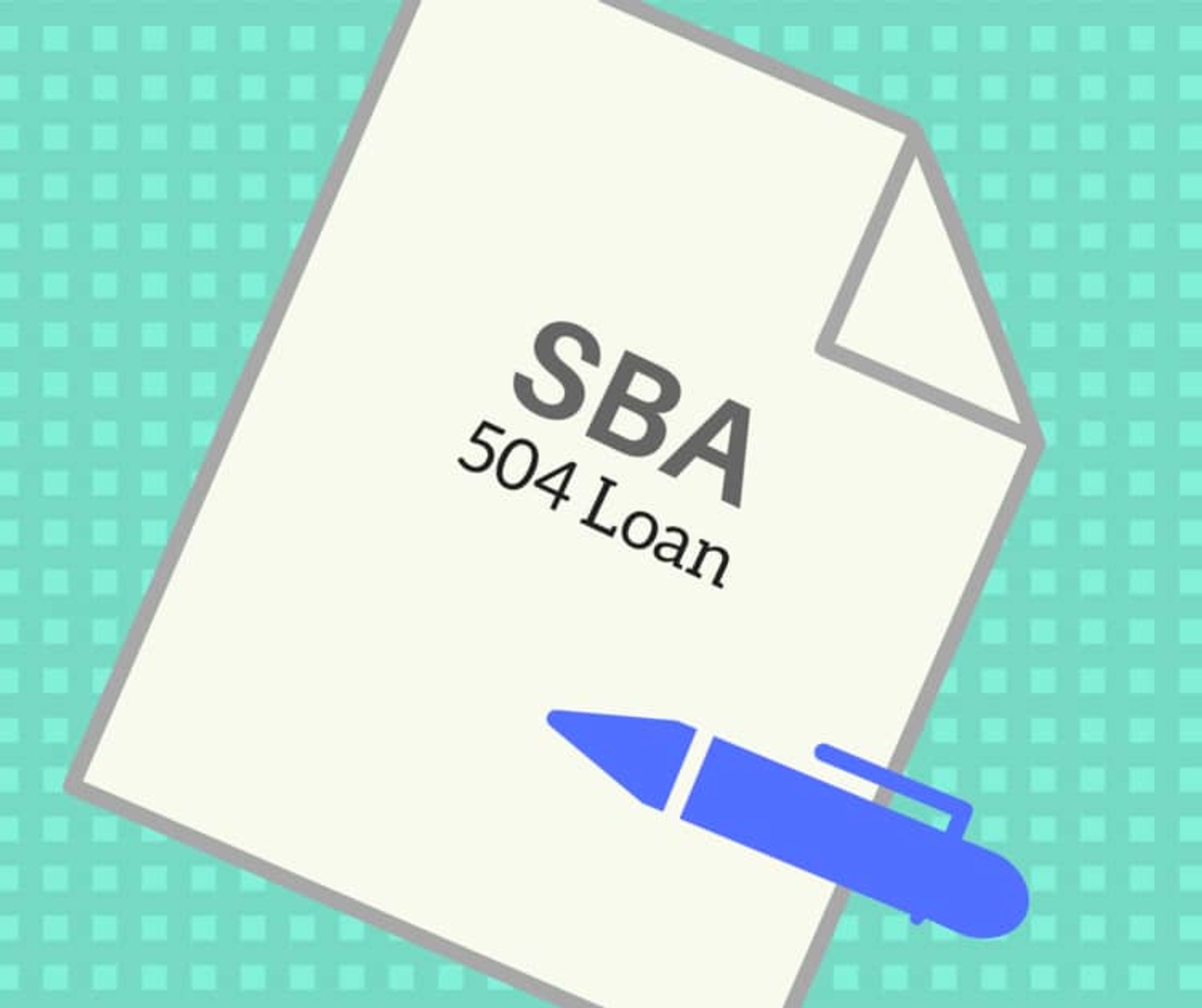An SBA LOAN is a business loan guaranteed by the U.S. Small Business Administration. Contrary to popular belief, the SBA does not actually lend directly. Rather, the SBA establishes guidelines for participating lenders and guarantees a portion of the loan, up to 85%, which lessens the risk for the lender, and increases the likelihood of approval.

The SBA 7(a) Loan
- Up to $5m
- In as fast as 45 days
- Fixed interest rate as low as prime + 2.25%
- Terms from 10 years to 25 years
- Fees of 1.7%-2.25%
- Monthly payments
Uses
- Refinance debt
- Buy land
- Finance construction expenses
- Purchase equipment, furniture, materials, or supplies
- Expand or acquire an existing business
WHAT YOU NEED TO KNOW?
The SBA 7(a) Loan stands out due to its flexibility and broad range of permissible uses. For loans exceeding $25,000, collateral is often necessary, with loans surpassing $350,000 typically demanding maximum collateral (personal assets can supplement business collateral). While the standard 7(a) loan, extending to $5 million, has strict credit criteria and a potential 60-day funding period, the 7(a) small loan, up to $350,000, can be expedited by the lender with more relaxed terms if the application clears the SBA pre-screen process. Unsuccessful pre-screening moves the application to the standard 7(a) underwriting process.

